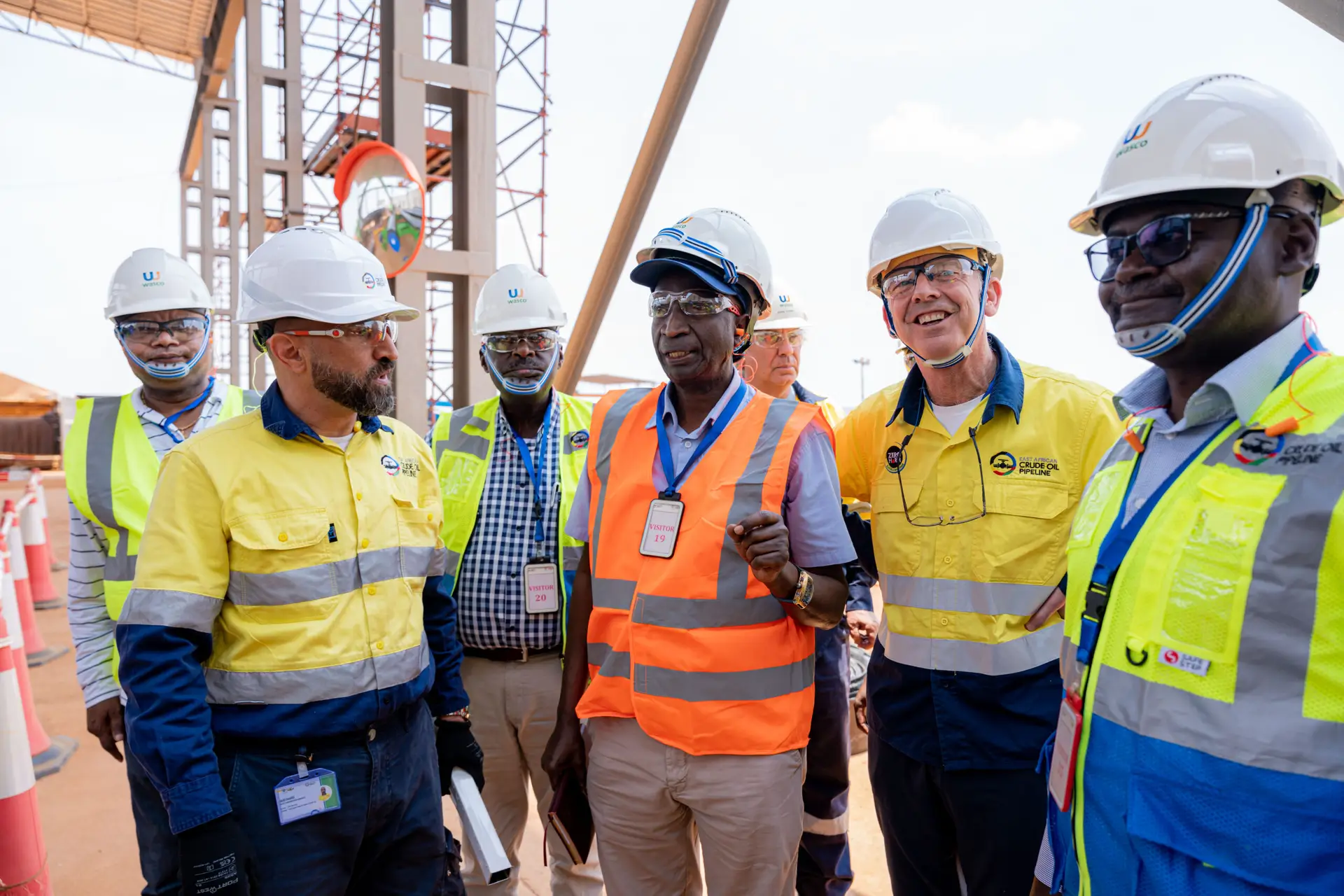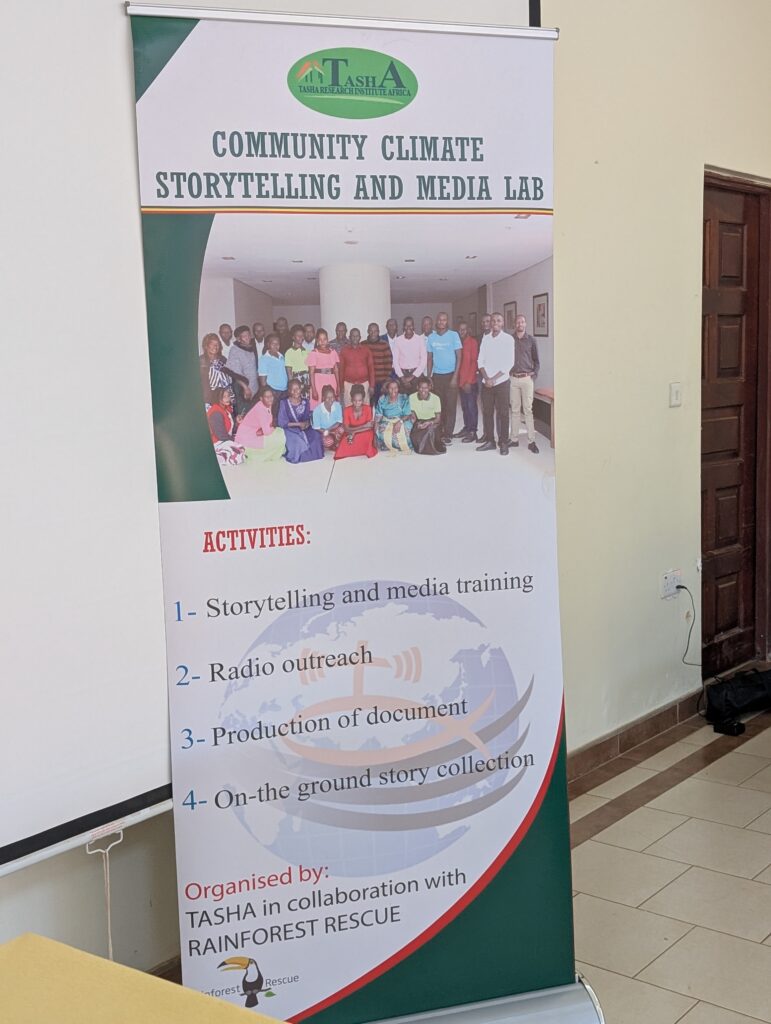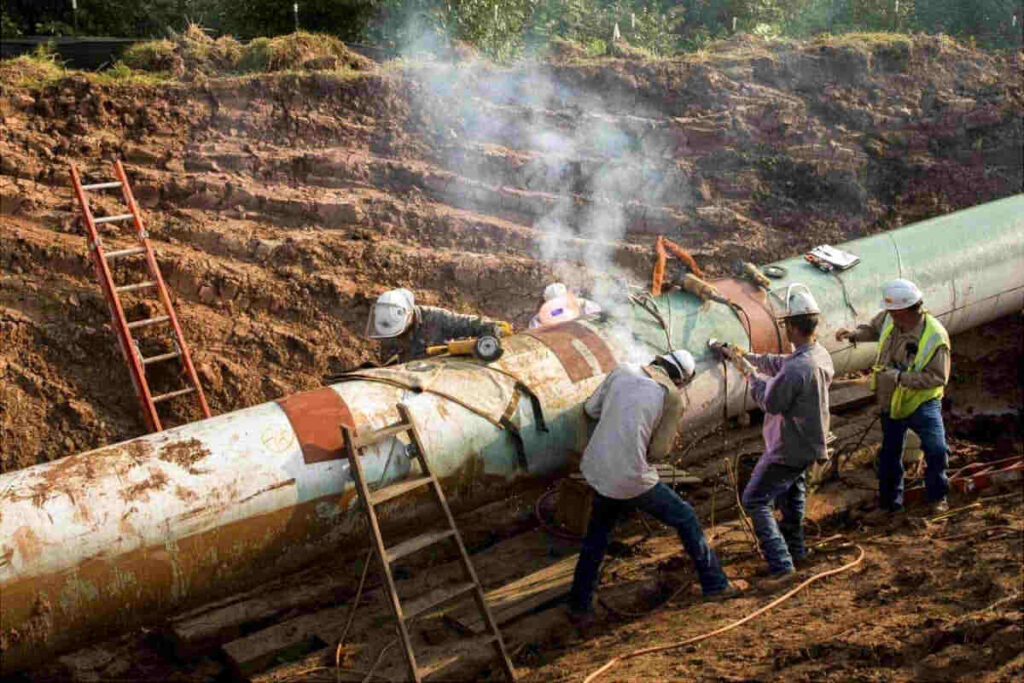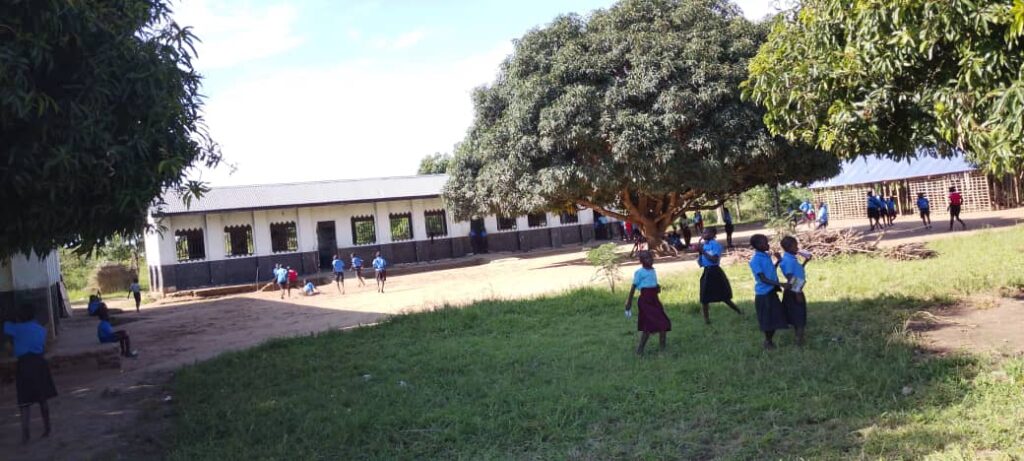The East African Crude Oil Pipeline (EACOP) was launched under a banner of hope. Spearheaded by TotalEnergies and regional governments, the project was sold as a beacon of economic opportunity for Uganda and Tanzania. With 10,000 jobs projected and 4,000 personnel already deployed along the pipeline corridor, EACOP was supposed to transform lives—especially for communities directly affected by its construction.
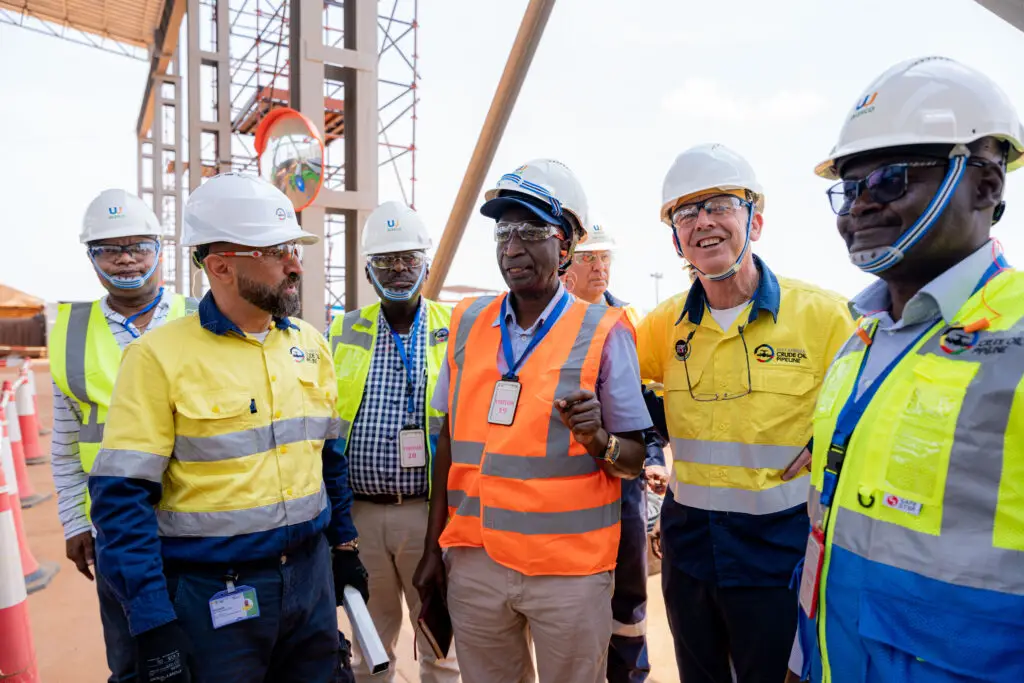
But for many locals, especially youth in rural districts like Buliisa and Rakai, these promises have amounted to little more than propaganda.
Despite assurances to prioritize local hiring, project-affected communities have repeatedly found themselves locked out of employment opportunities. Skilled and semi-skilled positions are rarely advertised, and when they are, hiring is often plagued by nepotism, bribery, and opaque recruitment practices. A Tasha Research Institute observer in Buliisa reported that even for unskilled labor, jobs are largely inaccessible:
“When Total E&P Uganda and its subcontractors inform the LC1 chairman that they are coming to recruit unskilled workers in the village, they only take two or three people. They work for just two or three weeks before they’re dropped. Most workers aren’t even from the district—they’re ferried in from Kampala and elsewhere.”
This account is part of a broader pattern. Even after submitting CVs and credentials, many qualified locals are never called back. Meanwhile, buses arrive with non-local laborers, and contracts are quietly given to those with insider connections or the ability to pay bribes. Those without money or networks are simply excluded.
The consequences go beyond economic disappointment. In Kabolwa village, Buliisa district, youth unemployment has become so severe that many have turned to drug abuse, prostitution, theft, and other crimes. What was promised as a vehicle for transformation has instead deepened social decay and hopelessness.
One project-affected person from Rakai shared how repeated attempts to gain employment through EACOP-related contractors were met with silence, despite being qualified. Their testimony mirrors that of countless others:
“They collect our details and CVs. We wait. But the calls never come. Then we see outsiders arrive to take the jobs.”
These stories are not isolated—they are the rule, not the exception. The EACOP project has functioned not as a pathway to development, but as a carefully constructed illusion. Behind the promises lies a machinery of exclusion, corruption, and exploitation.
This is not development—it is corporate theft, carried out under the cover of state approval. EACOP is not lifting communities; it is draining them of dignity, resources, and hope. The oil pipeline has become a pipeline of injustice—cutting through the lives and futures of the very people it claimed it would serve.
EACOP’s continued presence is a direct threat to human rights, environmental justice, and the sovereignty of communities. Its promises are not only broken—they were never meant to be kept.

